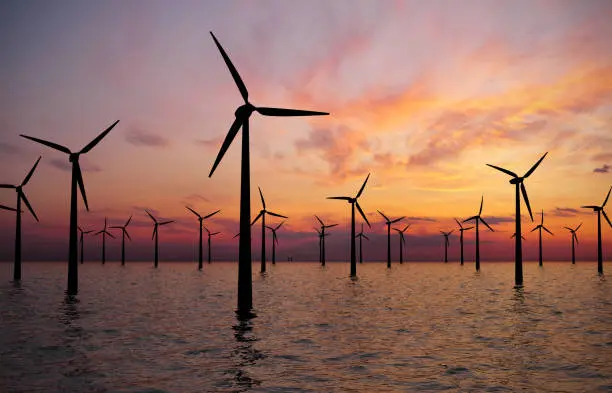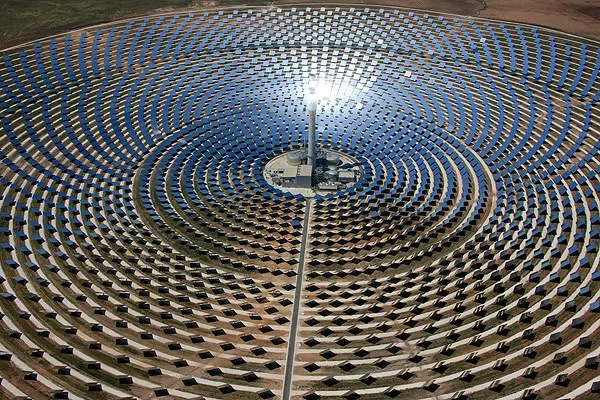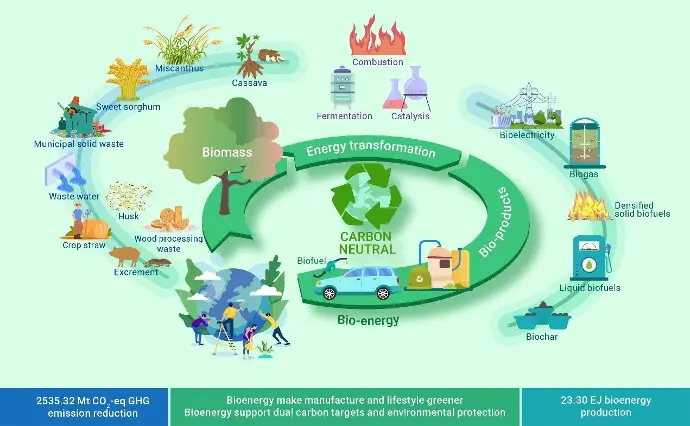About Me
Renewable Energy Professional | Mechanical Engineer | Project Management Enthusiast
Professional Journey
Embark on a journey through my professional experiences and academic background, where I've honed my expertise in renewable energy engineering and mechanical engineering. From leading cross-functional teams to ensuring adherence to quality and safety standards, my journey reflects a commitment to excellence in every project I undertake. With a Master's degree in Renewable Energy Engineering from Brunel University London, certified by prestigious organizations including CIBSE, IMECHE, and the Energy Institute, I bring a solid foundation of knowledge and a track record of success to the renewable energy sector.


Passion for Sustainability
Delve into my passion for sustainability and environmental stewardship, which drives my dedication to shaping a greener future. Explore how my belief in the urgent need for sustainable energy solutions fuels my commitment to making a positive impact in the fight against climate change. From optimizing energy systems to implementing cutting-edge technologies, I am driven by a vision of creating a more sustainable world for future generations.

Wind Power
Wind power plays a pivotal role in the UK's renewable energy portfolio, with both onshore and offshore wind farms contributing significantly to electricity generation. Onshore wind farms are located on land and typically consist of multiple wind turbines strategically placed to capture wind energy. Offshore wind farms, situated in coastal waters, harness stronger and more consistent winds, offering greater potential for energy generation. With advancements in technology and infrastructure, wind power continues to emerge as a reliable and cost-effective renewable energy source.

Solar Energy
Solar energy is an increasingly prominent renewable energy source in the UK, driven by the widespread adoption of photovoltaic (PV) solar panels and solar thermal systems. PV solar panels convert sunlight into electricity, while solar thermal systems utilize solar energy for heating purposes. Rooftop solar panel installations and solar farms are becoming commonplace across the country, contributing to the transition towards a more sustainable energy future.

Biomass
Biomass energy involves the use of organic materials, such as wood pellets, agricultural residues, and organic waste, for energy generation. Biomass heating systems and biomass power plants utilize these materials to produce heat and electricity, providing a renewable and carbon-neutral alternative to fossil fuels. Biomass energy plays a crucial role in reducing greenhouse gas emissions and promoting sustainable energy practices in the UK.

Hydropower
Hydropower, derived from the energy of flowing or falling water, has a long history as a renewable energy source in the UK. Hydroelectric power stations harness the energy of flowing water to generate electricity, while tidal energy systems utilize the natural ebb and flow of tidal currents. With its reliability and predictability, hydropower remains a key component of the UK's renewable energy mix, contributing to grid stability and energy security.